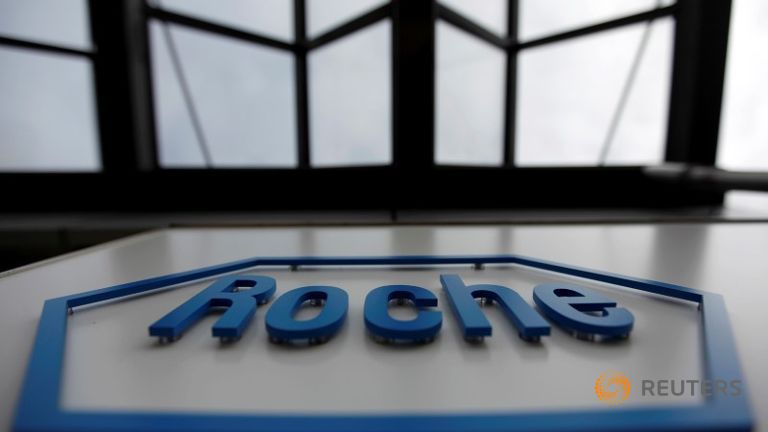-
Tips for becoming a good boxer - November 6, 2020
-
7 expert tips for making your hens night a memorable one - November 6, 2020
-
5 reasons to host your Christmas party on a cruise boat - November 6, 2020
-
What to do when you’re charged with a crime - November 6, 2020
-
Should you get one or multiple dogs? Here’s all you need to know - November 3, 2020
-
A Guide: How to Build Your Very Own Magic Mirror - February 14, 2019
-
Our Top Inspirational Baseball Stars - November 24, 2018
-
Five Tech Tools That Will Help You Turn Your Blog into a Business - November 24, 2018
-
How to Indulge on Vacation without Expanding Your Waist - November 9, 2018
-
5 Strategies for Businesses to Appeal to Today’s Increasingly Mobile-Crazed Customers - November 9, 2018
US FDA approves Roche’s immunotherapy for bladder cancer
The Food and Drug Administration approved a new immunotherapy drug Wednesday that would treat bladder cancer. Genentech, a member of the Roche Group, produced this new treatment, TECENTRIQ™ (atezolizumab), which allows the body’s immune system to work more effectively to fight cancer. This is just the first of many types of cancer that Tecentriq is being studied to treat. The company plans to offer assistance programs for eligible patients whose locally advanced or metastatic bladder cancer has progressed on platinum-based chemotherapy.
Advertisement
Accelerated approval was based on findings from the phase 2 IMvigor 210 trial, which evaluated the efficacy and safety of atezolizumab in 310 patients with locally advanced or metastatic urothelial carcinoma, regardless of PD-L1 expression. Its list price is about $12,500 per month.
Results showed that at a median follow-up of 14.4 months, 14.8% (95% CI, 11.1-19.3) of patients achieved a response overall, with 5.5% and 9.4% achieving complete and partial responses, respectively. “In patients who were classified as “positive” for PD-L1 expression, 26 percent of participants experienced a tumor response (compared to 9.5 percent of participants who were classified as “negative” for PD-L1 expression)”. “This is an exciting development for bladder cancer patients with locally-advanced or metastatic disease”.
“The greater effect in those who were classified as positive for PD-L1 expression suggests that the level of PD-L1 expression in tumor-infiltrating immune cells may help identify patients who are more likely to respond to treatment with Tecentriq”, the FDA said. Instead, it predicts the likelihood that a patient will benefit from PD-1/PD-L1 inhibition as a single agent.
In a clinical trial of 310 patients, 14.8 percent experienced at least a partial shrinkage of their tumors, an effect that lasted from more than two months to almost 14 months, the FDA said in a statement. PD-L1 status was assessed on tumor cells and immune cells using an SP142 antibody-based immunohistochemistry assay; however, both the patients and investigators were blinded as to PD-L1 status. The drug has an October 19 PDUFA date for that indication, Wang said.
Many other patients could require combinations of checkpoint inhibitors and other cancer treatments to see a similar benefit.
Advertisement
Roche’s Genentech unit developed Tecentriq, which shrank tumors in patients in a clinical study. Some of the studies are testing potential combinations of atezolizumab with chemotherapy.




























